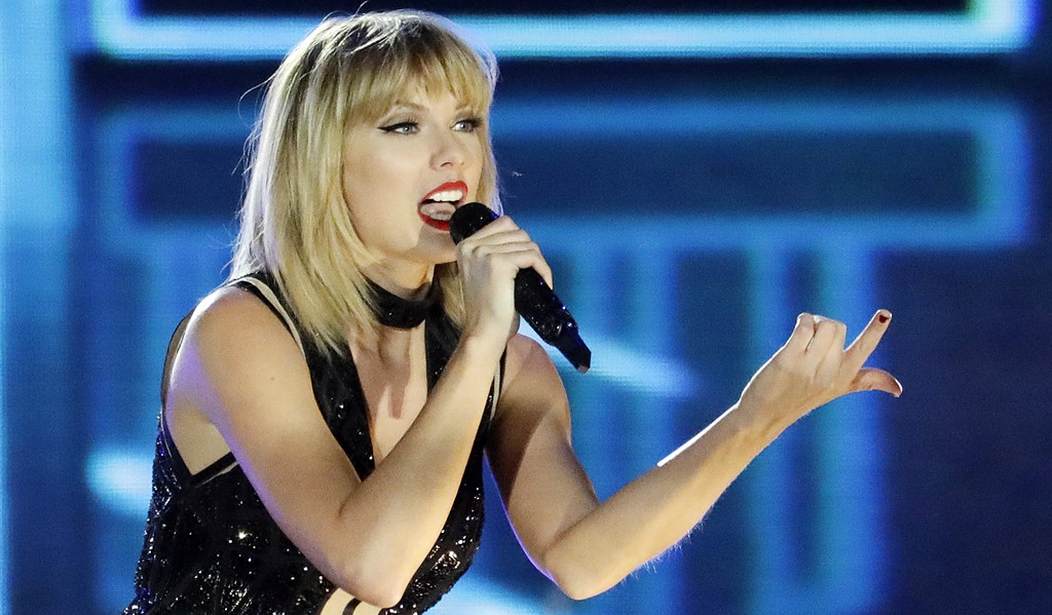Er … suuuuuuuuuuure. A day after a federal jury in Denver decided that Taylor Swift told the truth about a groping incident, the man who sued her for $3 million for defamation and slander says he’s not finished trying to clear his name. ABC’s Good Morning America sat down with David Mueller, who insists he’s innocent — and that he never wanted the $3 million, either. So why did he demand the money in his lawsuit, which prompted Swift’s successful countersuit? To pressure Swift into recanting her accusation:
Mueller denied claims that he wanted a payout from Swift when he waited two years to file his lawsuit. The former DJ said in depositions that his damages amounted to about $3 million.
“I asked for something in writing which stated that there was a misunderstanding,” Mueller said. “And I can take that to possibly convince someone at a radio station to hire me.”
When asked if he wanted no money and just the note, Mueller said, “Absolutely.”
In other words, the lawsuit was a bluff, and Swift called it. Mueller demanded $3 million to intimidate Swift into settling on the cheap. Instead, Mueller provoked Swift into a very public defense of her situation. Now, suddenly, Mueller’s not interested in the money at all. Riiiiight.
Rather than quit while behind, Mueller pressed forward with the suit, doing an incalculable amount of further damage to his reputation — thanks to his own attorney. During the direct questioning of the hostile witnesses, Mueller attorney Gabriel McFarland managed to (a) get Swift to repeatedly declare that Mueller grabbed her “ass cheek” and held onto it, (b) elicit eyewitness testimony from her former security guard that he saw Mueller do it, and (c) have several others in the room testify to her immediate identification of Mueller as the culprit. McFarland did such a good job of making Swift’s case that Swift’s own attorney never bothered to put one on — and won anyway.
Mueller says he might appeal the verdict. It’s tough to see what basis the appeal would use, though. Appellate courts are usually loathe to reverse findings of fact by juries, especially facts established by the appellants themselves as part of the court record. Perhaps the decision to cut Swift from Mueller’s lawsuit before closing arguments could be a basis for appeal, but the verdict itself rendered that point moot when the jury ruled in favor of Swift’s countersuit. Truth is an absolute defense to defamation, even apart from the fact that McFarland was so busy proving Swift’s case that he never got around to providing evidence that Swift took any personal action to directly interfere with his employment.
Mueller might spend his time better by laying very low for a while, and being thankful that the jury didn’t go beyond the single dollar Swift requested in punitive damages. And perhaps Good Morning America could spend its time better, too, considering the laughable rationalizations Mueller provided both in court and in this interview, too.








Join the conversation as a VIP Member